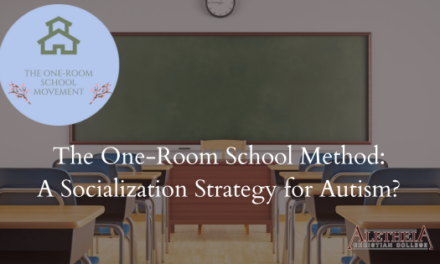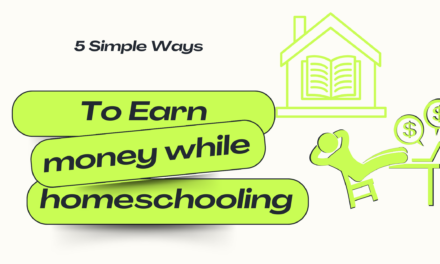Although my title is slightly tongue in cheek, I had friends growing up who talked about their first boyfriend/girlfriend at 4 or 5 years old. A study published on Yahoo! news today found that students who started dating in middle school “are four times more likely to drop out of school, twice as likely to drink and smoke marijuana, and tend have worse teacher-reported study habits.” The study monitored 624 students in Georgia, starting in middle school. While there are many reasons to listen in the article, there is one common-sense reason that many Christians have been saying for years.
Dating is a damaging practice for divorce. Students who start dating early are going to have an emotional roller coaster as they go from one relationship to the next through a gigantic cycle of emotional ups and downs. Recently, the Idaho Coalition against Dating Violence sent our school a box of information on healthy relationships, including knowing when it is time to break-up. This practice, getting emotionally involved until you suddenly aren’t (what husband or wife can’t say they have had that day where they just weren’t in love?), and then breaking up, and then quickly looking for another relationship to assuage the feelings of loneliness, depression, anxiety, is a practice which could be easily thrown out. Whenever the Dating vs Courtship crowd get going, the question is always “how do you know whether you are right for someone if you don’t date?”
To this, I must ask another question: How can you know you are right for someone if you have no clue who you are? Middle school and high school are some of the most anxious times in a person’s life as far as self-identity, understanding of right and wrong, and religious convictions, because at 12 we have no idea who we are, only who our parents are. In an ideal world, this should be a safe time to begin question and setting presuppositions which will carry an individual into adulthood and beyond. All these questions about who we are get incredibly mixed up when you are trying to decide not only who you are, but who you want to spend the rest of your life with, especially since most people’s relationship paradigm in middle and high school is “it feels good.” While great for the person feeling good, not very good practice for that moment when you discover your 3 week old son can’t breath unless he is held upright, on his belly, all night long. Believe me, sleeping in four hour shifts rotating with my wife, while one of us holds him, the other sleeps, and neither sleeps well, is no one’s idea of a “feel good life.”
All this to say that there are ways to approach relationships in high school and middle school which both feel better in the long run, and are great practice for marriage, as well as giving the youth involved a very deep knowledge of who they want to spend the rest of their life with.
Friendship. “Oh, no” I hear my 13 year old self (and 18, 19, 21) saying, “I can’t just be friends. There is so much more I desire. When do I get to move from friends to more than friends?” I have heard so many variations of this theme through my life, that I could say it is the chief argument against friendship to marriage. TO that, my question is and has been: are you ready to get married? If dating is not going to be practice for divorce, then the relationship should be something that can conceivably, in the near future, end in a commitment.
This has several purposes:
1. Both parties to the dating relationship stop asking “is this something that annoys me?” and start asking “is this something that I would leave this person forever over?”
2. If one or both of the parties to the dating relationship answer the question “are you going to marry him/her?” with a resounding no, there was no purpose to the relationship other than self-fulfillment via abusing the emotional needs of another.
3. There can be an easily defined checklist to the question: should I date?
4. Rather than arbitrary age limits on the point of a parent, children can be encouraged to be friends with all, including finding time to speak one-on-one with members of the opposite sex, and they can set personal goals that say I want to get married, this is what I need.
5. With the goal of friendship for all, not only is a child avoiding many of the emotional pitfalls of serial dating (roller-coaster emotions, seeking fulfillment at the expense of another, trying to invest self into the relationship before the child knows him/herself), but also obtaining many of the advantages (getting to know a number of people, seeing what actions, character, and physical attributes are desireable in a mate, learning to give and receive to members of the opposite sex).
So, this study is something new for science, but seems to be just common sense.



